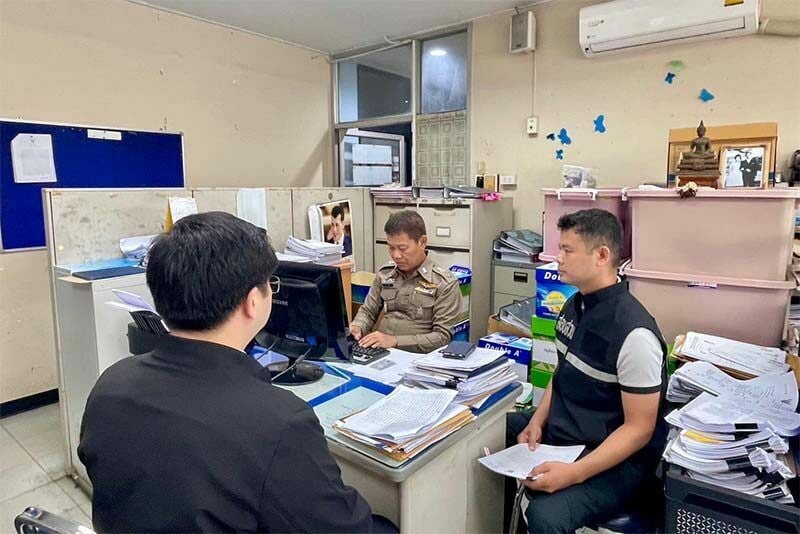Thai ministry exposed: Doctored pics used to sell dysfunction meds

A Facebook page has been accused of doctoring images of senior officials from Thailand‘s Ministry of Higher Education, Science, Research and Innovation (MHESI) to advertise and sell medication for male sexual dysfunction.
MHESI has reported the incident to the officials under the Computer Crimes Act for disseminating false information.
Yesterday, October 17, Supachai Pathumnakul, Permanent Secretary of MHESI, disclosed that he had authorised Teerawat Kwanmueang, Director of the Legal Affairs, Contracts and Litigation Group, to file a complaint with Phaya Thai police station.
The complaint targets the Facebook page responsible for these misleading advertisements. Police Lieutenant Colonel Baramee Wonginta, Deputy Inspector, received the complaint.
The Facebook page in question falsely claimed that their sexual dysfunction medication had been registered as an innovative product. The page featured doctored images of MHESI officials and the ministry’s official insignia to bolster the credibility of the products.
MHESI clarified that it had no involvement with the medication and that there was no truth to the claims about the product being registered as an innovation, reported KhaoSod.
“The page’s actions involve introducing distorted or false information into the computer system, leading to public misunderstanding and damaging the ministry’s reputation,” Supachai stated.
In related news, the Department of Special Investigation (DSI) apprehended a young man advertising dietary supplements of a popular brand on social media, with the products boasting exaggerated benefits. The suspect was charged before being handed over for prosecution last year.
On the previous day, the DSI’s investigative operation team, led by Witthawat Sukhantharot, Director of Trace and News Investigation Centre, captured Kittiphan (surname withheld). He was wanted under arrest warrant number 2795/2563, dated August 30, for Special Case 52/2563.
The charges levelled against Kittiphan were based on the Computer Crime Act 2007. He was accused of dishonestly importing into the computer system distorted or forged data in whole or in part, or false data, likely to damage the public by dissemination or forwarding.
Latest Thailand News
Follow The Thaiger on Google News:


























